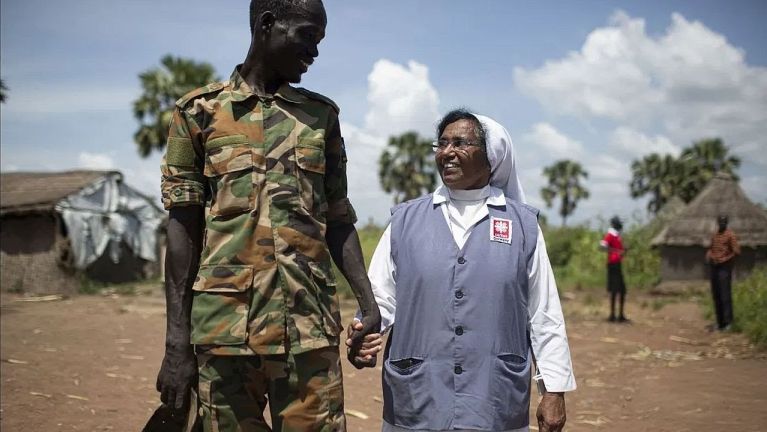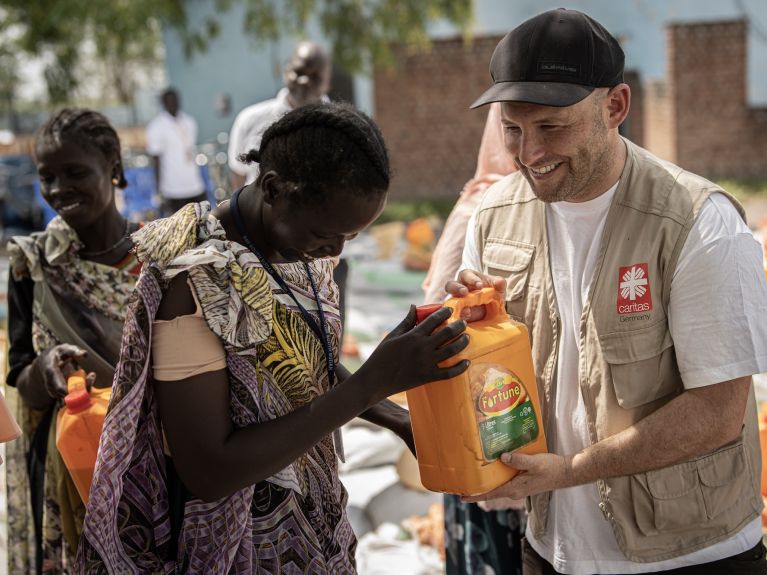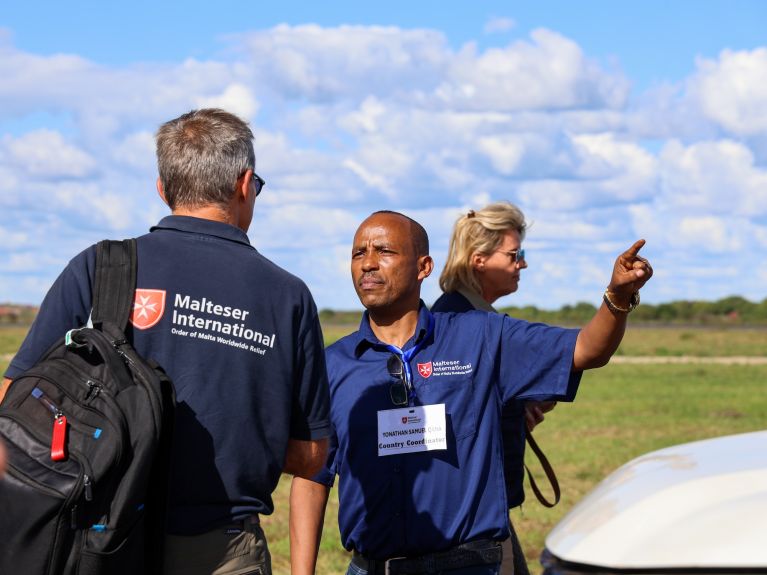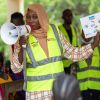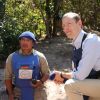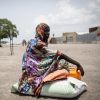Where German help is changing lives
Armed conflicts, drought and flooding have plunged South Sudan into crisis. German projects provide food, water and protection.
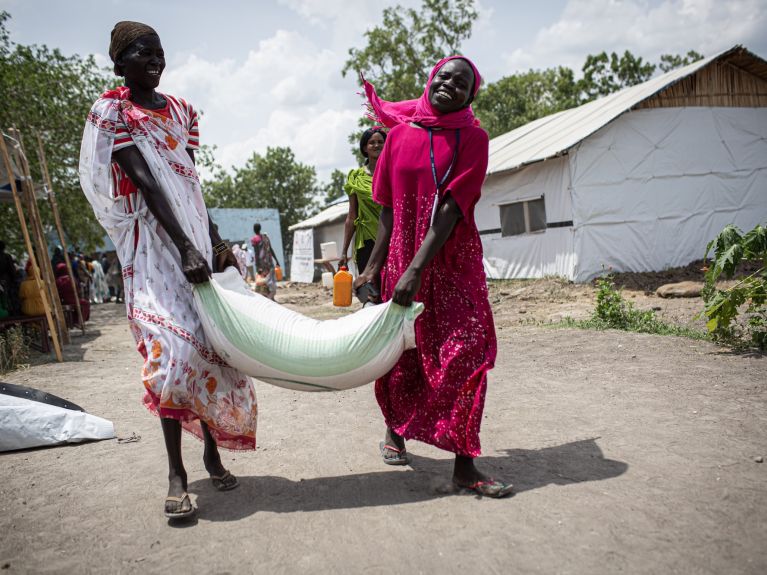
One encounter in particular really made an impression on Kim Nicolai Kerkhof: a woman wearing a bright pink robe beaming with pleasure as she carried sacks of food home with her. Her children are sitting in the shade afforded by a makeshift tent made of branches and tarpaulins. Kerkhof, South Sudan project officer at Caritas, visits the country several times a year and often experiences relief when donations arrive. But this time, he learnt that the woman’s husband had been shot dead in an attack and that four of her children had been abducted. The widow had no time to grieve - she had to provide for her remaining family. The project of the Catholic aid organisation does at least mean that she won’t have to worry about food for the next few months.
Dieses YouTube-Video kann in einem neuen Tab abgespielt werden
YouTube öffnenThird party content
We use YouTube to embed content that may collect data about your activity. Please review the details and accept the service to see this content.
Open consent formHow Germany provides humanitarian assistance in South Sudan
South Sudan is experiencing one of the world’s worst humanitarian crises. Armed conflicts, drought and flooding are forcing people to flee within the country. The situation is being exacerbated by the war in neighbouring Sudan, from where many people are fleeing to South Sudan. To support the people there, Germany is one of the biggest donors in South Sudan and has so far made around 35 million euros available in 2025. For example by supporting the Caritas programme “Multi-sectoral humanitarian assistance in difficult to access regions affected by conflict or flooding in the Democratic Republic of the Congo and South Sudan”. The project receives almost 16.7 million euros in funding from the Federal Foreign Office, of which 6.2 million euros has been used to date to support South Sudan. The programme will run until the end of August 2026, helping around 150,000 people in South Sudan during its three-year duration.
Food, well building, women’s safety
“The most important component is food security,” says Kim Nicolai Kerkhof. The first step is therefore to distribute food, and later also seeds so that people can grow their own food. The building of wells and cash-for-work schemes - programmes in which people do temporary paid work - are likewise part of the project, which also wants to improve women’s safety. Two partners also offer psychological and medical care for victims of sexualised violence.
The Catholic aid organisation Malteser Hilfsdienst for example also operates in South Sudan with the support of the Federal Foreign Office. One of the projects focuses on water, hygiene, health and food security. It is being funded with a total of 30.3 million euros, of which roughly 5.8 million euros has so far gone to South Sudan. This support has enabled a good 170,000 people to be helped there.
